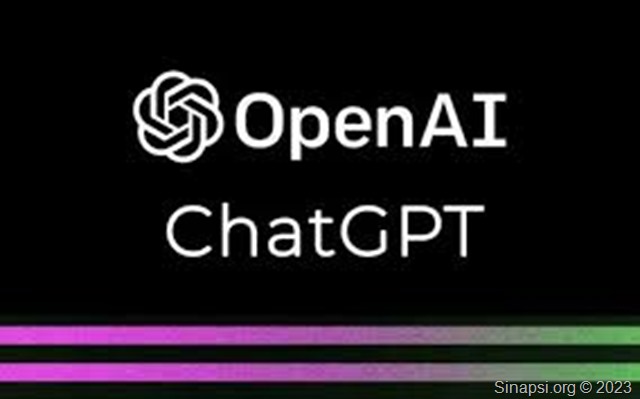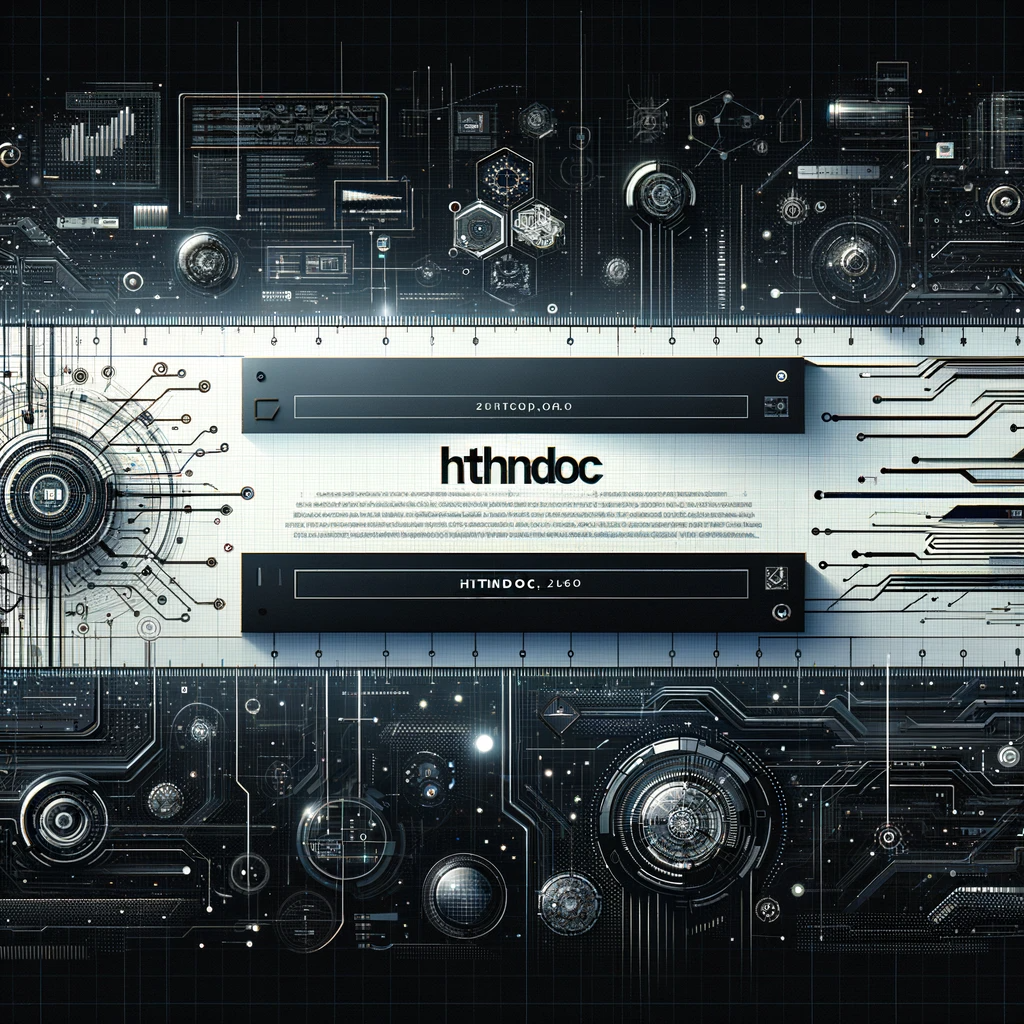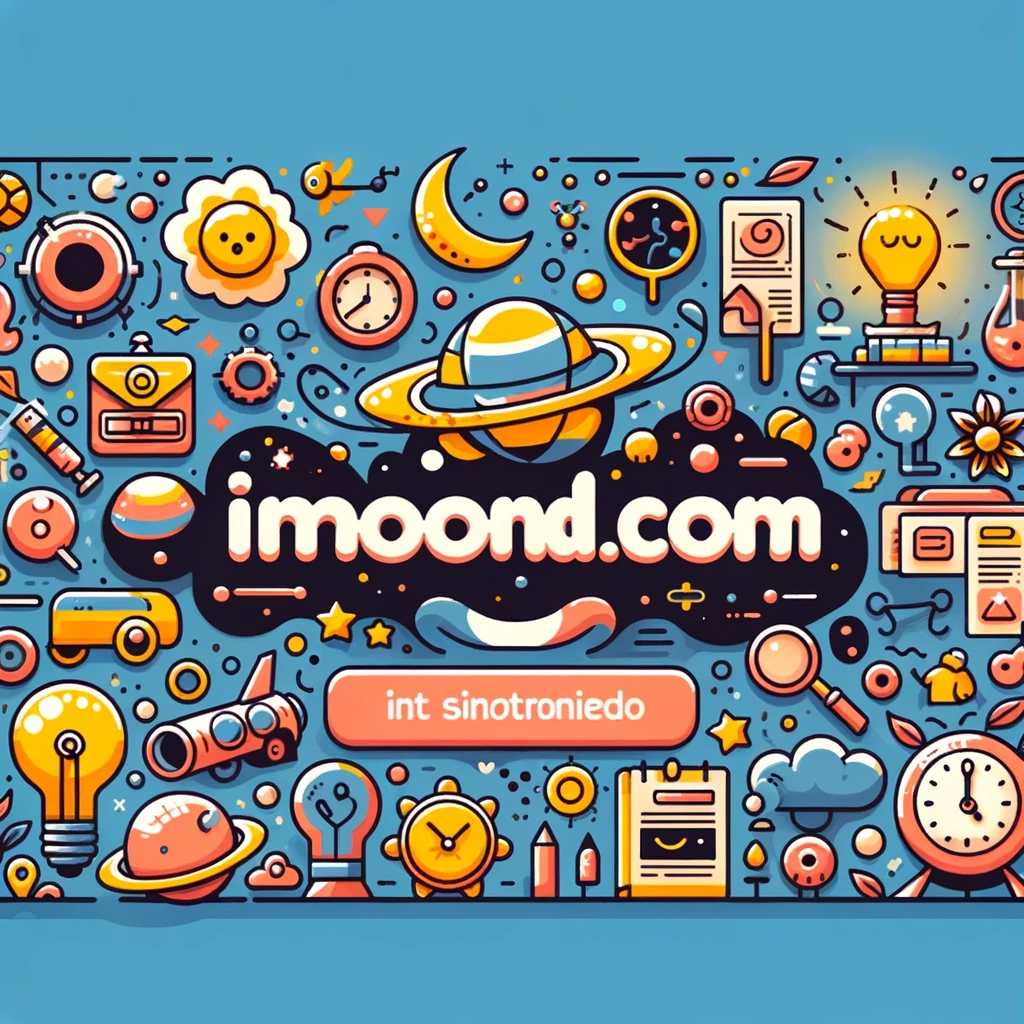OpenAI signs its first contract with a higher education institution, Arizona State University (ASU)
Starting in February, ASU will launch an open challenge to invite faculty and staff to submit ideas on how to use ChatGPT, focusing on student success, new research avenues, and organizational process optimization.
"As OpenAI begins to explore how to commercialize or align a venture for universities, they're looking for a design partner, a thought partner, and I believe that this is a significant sign of why we're joining together today to make this announcement," said Lev Gonick, ASU's chief information officer, in an email interview with TechCrunch. "The collaboration with OpenAI ensures that ASU becomes an active participant in defining new uses of generative AI in higher education."
The agreement between OpenAI and ASU illustrates how opinions on AI in education are shifting as technology advances more rapidly than curricula can keep pace.
Last summer, many schools and universities banned ChatGPT due to concerns about plagiarism and misinformation. Since then, some have lifted the ban, while others have started hosting workshops on generative AI tools and their potential for learning.
ASU, unsurprisingly, firmly believes that AI is a tool for the betterment of education.
"The open call to faculty, staff, and researchers ensures that we can provide ongoing and meaningful support that lays the foundation to enable our teams to harness the true potential of these technologies to enhance human learning and creativity, not replace them," Gonick said. "This approach is part of a strategic plan to pave the way for our students, ensuring that we expand the use of AI responsibly and effectively across the university. We want to foster an environment where AI resources are used effectively and ethically, laying the groundwork for broader integration of these technologies in our academic community."
Concretely, ASU will provide ChatGPT Enterprise accounts to its full-time employees. Launched in August, ChatGPT Enterprise can perform the same tasks as ChatGPT, such as writing emails, solving coding problems, and drafting essays. However, it also offers privacy and data analytics features in addition to standard ChatGPT, as well as enhanced performance and customization options.
For example, ChatGPT Enterprise includes an administration console with tools to manage how people within an organization use ChatGPT. Shareable conversation models allow users to create internal workflows leveraging ChatGPT, while OpenAI's API platform credits enable organizations to build custom solutions based on ChatGPT.
Additionally, ChatGPT Enterprise includes priority access to ChatGPT and unlimited access to Advanced Data Analysis, a ChatGPT feature that allows users to have data analyzed, create charts, solve mathematical problems, and more, including uploaded files.
Gonick said ASU will play a "dual role" in managing its ChatGPT Enterprise accounts and in contributing to efforts related to supporting and effectively using AI.
"In this inaugural phase, we are focused on providing priority access to AI tools for ASU faculty, staff, and researchers," he added. "Right now, we are hyper-focused on getting ChatGPT Enterprise into the hands of our core knowledge makers... to be on the front lines of discovery and implementation."





